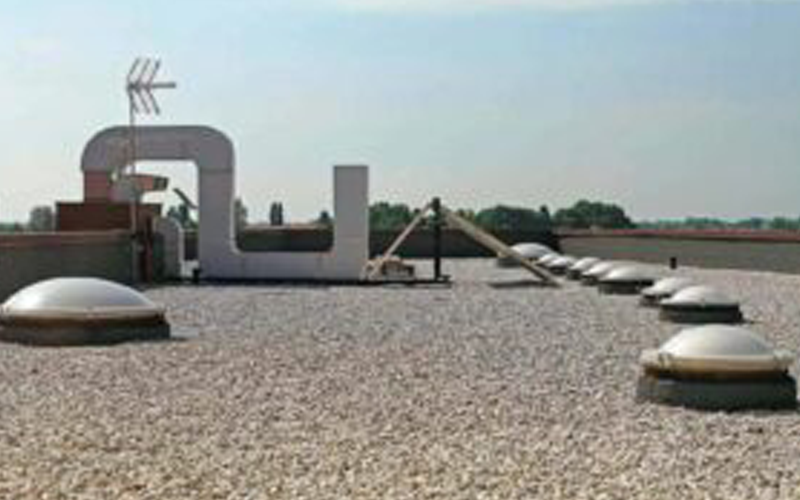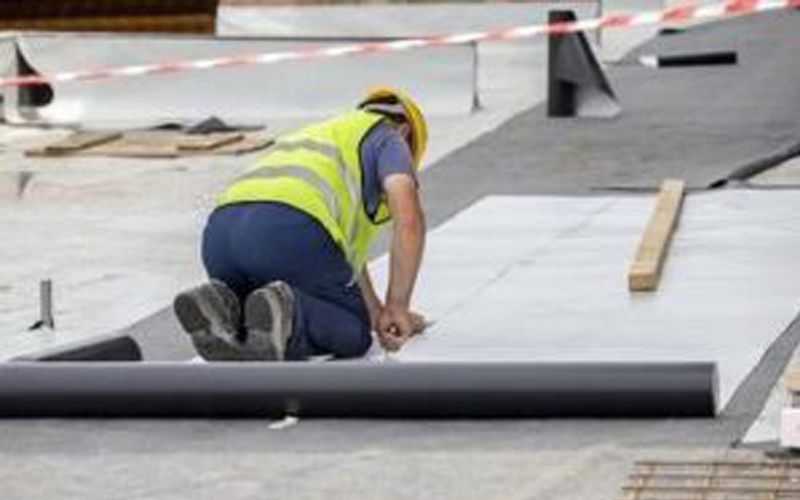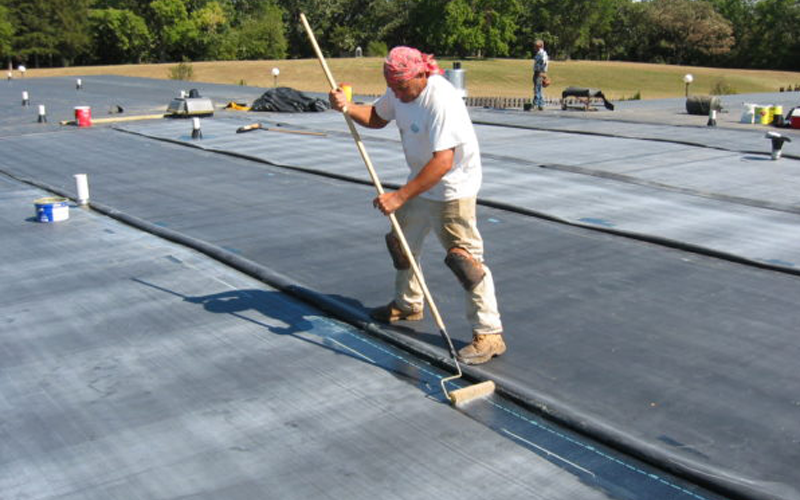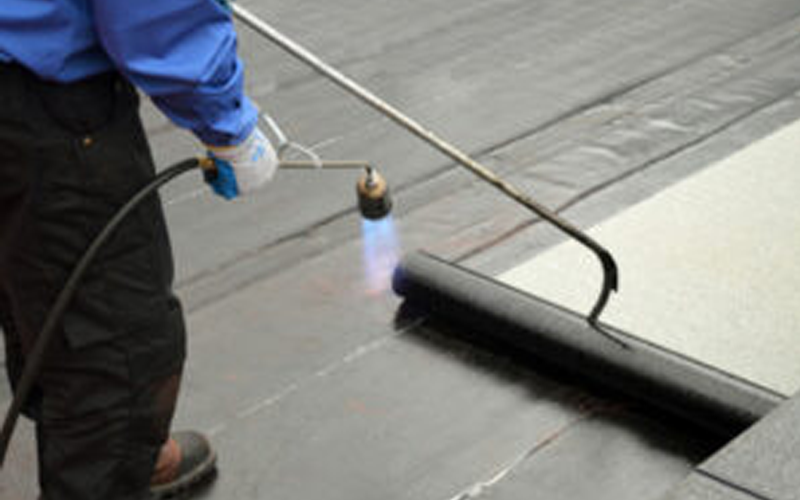Flat Roofs
call us
519-362-8292
Services
Flat Roofs:
A flat roofing system is a type of roofing design characterized by its minimal slope or lack of pitch. It typically involves the installation of roofing materials such as membrane layers, tar and gravel, or single-ply systems on a flat or low-sloped surface.
The benefits of flat roofing systems include cost-effectiveness, as they often require fewer materials and less labor for installation. They also provide additional usable space for rooftop installations such as HVAC units or green roofs. Additionally, flat roofs are easier to maintain and inspect due to their accessible design, making repairs and upkeep more straightforward.

Professional Services:
- New Construction Flat Roofing
- Flat Roof Replacement
- Flat Roof Repair
- Flat Roof Maintenance
Flat Roofing Systems:
- BUR
- Modified Bitumen
- EPDM
- TPO
- BUR
- Modified Bitumen
- EPDM
- TPO
- Tremco
- Garland
- Inverted Roofing Systems
- Tremco
- Garland
- Inverted Roofing Systems

TAR & GRAVEL ROOFING:
Tar and gravel roofs, commonly seen on flat or low-slope commercial buildings, serve a dual purpose in roofing. Firstly, they protect underlying materials, particularly on built-up roofs (BURs), from environmental elements. Secondly, they provide stability and security, especially for single-ply flat roofs. Built-up roofs, also called BURs, are made of alternating layers of roofing felt or fiberglass and asphalt applied with heat, resulting in a durable system. Gravel, embedded within the top coat of asphalt, acts as a shield against UV rays, hail damage, and heavy rains, extending the roof’s lifespan.
TPO ROOFING:
Thermoplastic Polyolefin (TPO) is rapidly becoming popular in commercial roofing. It’s a single-ply membrane system for flat roofs, featuring a synthetic material layer reinforced with scrim. TPO membranes, typically 10 to 20 feet wide, are transported to sites for installation. Its reflective surface deflects UV rays, a key reason for its popularity. The National Roofing Contractors Association (NRCA) notes TPO’s significant uptake, capturing 40% of the commercial roofing market. This reflects TPO’s effectiveness and suitability for commercial roofing.


EPDM MEMBRANE ROOFING:
EPDM, or ethylene propylene diene terpolymer, is a synthetic rubber roofing membrane known for durability and cost-effectiveness over nearly six decades. Its energy-efficient properties are beneficial for low-slope roofs. Variants like Carlisle SynTec Systems’ EPDM Sure-White® reduce cooling costs with a reflective surface, while dark-colored options help lower heating expenses in colder climates. EPDM also shows environmental superiority, with Life Cycle Assessment revealing low global warming potential and minimal environmental impact compared to alternatives. These eco-friendly attributes make EPDM a preferred choice for environmentally conscious roofing projects.
TORCH DOWN ROOFING:
Torch down roofing, or “torch on,” uses an open-flame propane torch to install modified bitumen sheets, creating a waterproof seal. These sheets, made of asphalt compound with rubber or plastic, provide flexibility to withstand temperature changes without cracking. Torch down roofing is highly tolerant to heat and cold, offering versatility with two-layer and three-layer configurations for different roofing needs.

Sleep in absolute peace
Wake up to bright Sunshine
Roof repair should always be given to a professional who has the knowledge and expertise on how to do it right.

